“Includes study abroad and study away. Explores cultures, life experiences, worldviews, and diversity”
Peters, Tisdale, & Swinton, 2019
Effective study abroad programs for STEM students provide interdisciplinary experiences in new academic and social environments. Exploring different geographical and cultural areas contributes to enhanced learning experiences by allowing students to compare and contrast environmental factors; it can also increase student understanding of global contexts and improve their cultural competency and communication (Daniel & Mishra, 2017). Research has found that when students are encouraged to interact cross-culturally and reflect on these interactions, intercultural competence is improved (Demetry & Vaz, 2017). This, in turn, addresses the growing need for STEM professionals who possess the skills to innovate in a global economy and manage individuals who are from a wide variety of locations and cultures. Considerations for racial minority students should include the need for ongoing support related to finances, family dynamics (such as family attitudes and concerns), and travel concerns and fears (Lum, Gardner, Jordan & Dunbabin, 2016) in order to reduce barriers to engagement in learning abroad and international service learning opportunities. First-generation students may require additional explanation about the benefits of global learning and the relevance to their academic and career goals.
References and additional resources:
Daniel, K. L., & Mishra, C. (2017). Student outcomes from participating in an international STEM service-learning course. Sage Open, 7(1), 2158244017697155.
Demetry, C., & Vaz, R. F. (2017). Influence of an Education Abroad Program on the Intercultural Sensitivity of STEM Undergraduates: A Mixed Methods Study. Advances in Engineering Education, 6(1), n1.
Donahue, D. G., & Altaf, S. (2012). Learn by Doing: Expanding International Internships/Work Abroad Opportunities for US STEM Students. Institute for International Education.
Lum, C., Gardner, S., Jordan, C., & Dunbabin, M. (2016). Expanding diversity in STEM: developing international education and research: partnerships in a global society. In ASEE Annual Conference Proceedings (No. Paper ID# 14903). American Society for Engineering Education.
Peters, A. W., Tisdale, V. A., & Swinton, D. J. (2019). High-impact educational practices that promote student achievement in STEM. Broadening Participation in STEM (Diversity in Higher Education) 22, 183-196.


Leave a Reply